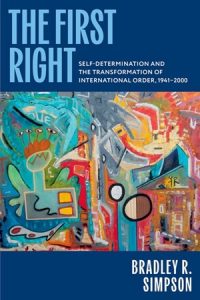Jorell Meléndez-Badillo’s book, “Puerto Rico: A National History”, brought together the historian of Puerto Rican history and one of the island’s biggest stars to produce visualizer and music video text that would educate fans and spotlight crucial context for the 2025 DeBÍ TiRAR MáS FOToS album’s songs.
Bad Bunny contacted professor Jorell Meléndez-Badillo who now works at UW Madison when planning the album’s online music video releases. The album won Album of the Year, and some of the songs were performed at the Super Bowl LX halftime show featuring Bad Bunny bringing history to football fans and avid listeners alike for the most watched halftime show ever.
You can read an article by Professor Meléndez-Badillo on working with Bad Bunny here:
And read a UW-Madison article about the collaboration here:

